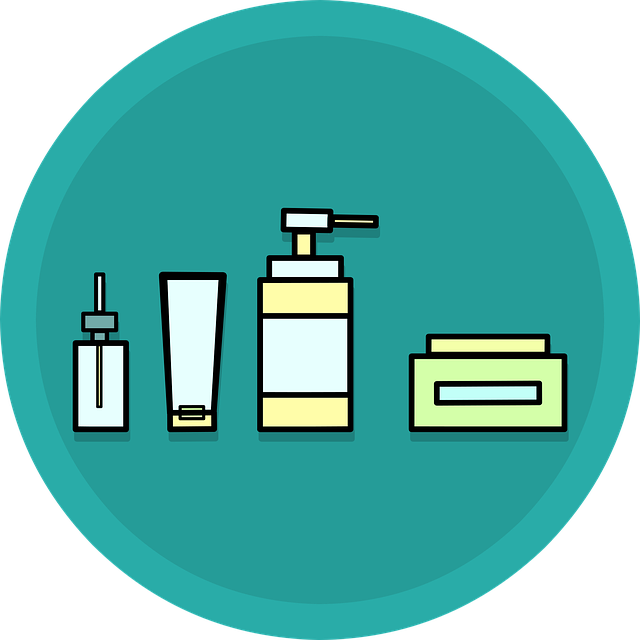
Recently, my sister Liz and I went to one of the large beauty stores. Our goal was to find a new foundation for her, so we immediately looked for a sales associate who could help. The associate was very kind and provided excellent assistance. In addition to doing a swatch for color matching (skin and foundation) she suggested the foundation would have better staying power if used with a makeup primer. As she stepped away from us, I told Liz that I recently realized that if you are going to use a primer, it’s important to give it a few minutes to set (before applying the foundation).
Upon her return, the associate presented her with the sample and reiterated what I had just said about giving the primer time to set. I told her we were just talking about that and explained that I stumbled across this fact by trial and error, not because it’s listed on any package. She looked thoughtful for a moment and said, “I guess you are right. It isn’t listed anywhere. They just assume you know.”
Hmmm. It’s likely that you are now thinking what I was thinking, but how would you know unless someone told you? And more importantly, are we really ok with the lack of logic in this approach?
This experience has made me realize that this almost certainly happens more often than we know. We just expect people to know what to do and then we are shocked when they don’t meet expectations. While this isn’t necessarily a big deal when it comes to makeup, it’s quite important when we are talking about performance, rules and regulations, or procedures.
So why does this happen? Honestly, it’s anybody’s guess, but here are a few ideas.
- We know something well, so we assume everyone else does. When we have conscious competence, our knowledge and skills come automatically. In this state, we don’t have to engage in much critical thinking, since the knowledge is basically second nature.
- We feel like it would be offensive to explain something that some might see as “obvious.” None of us want to be talked down to, or do that to anyone else. While this is certainly valid, we also cheat someone out of information that may change performance, be it theirs or a product.
- The information seems so trivial that we simply don’t think about it at all. I think this is the most defensible one of this list. We only have so much time and brain space and things can easily slip through if we don’t realize they need to be said.
So, how can we combat these tendencies?
- Go back to basics. What do you wish you had known when you started something? What information has really been a game changer for you in your experience? This was the reason I said something to Liz, in the first place. I had mixed results using the primer (which really does help with longevity, but only if used properly) until I stumbled on this “secret” and didn’t want her to have to go through the same experience.
- Tell someone you have concerns about saying things that are “obvious” but you also don’t want to miss giving them important information. Let them know some of what you share might be repetitious, but it’s better to cover all the bases.
- When possible and appropriate, plan what you are going to share and get feedback from others.
Ultimately, makeup primer is meant to help the products that follow perform better. The same goes for providing someone the foundation they need to be successful. Give this information freely and don’t make assumptions or let pride (yours or others) get in the way of clarity.
The end result? Everyone looks a whole lot better.